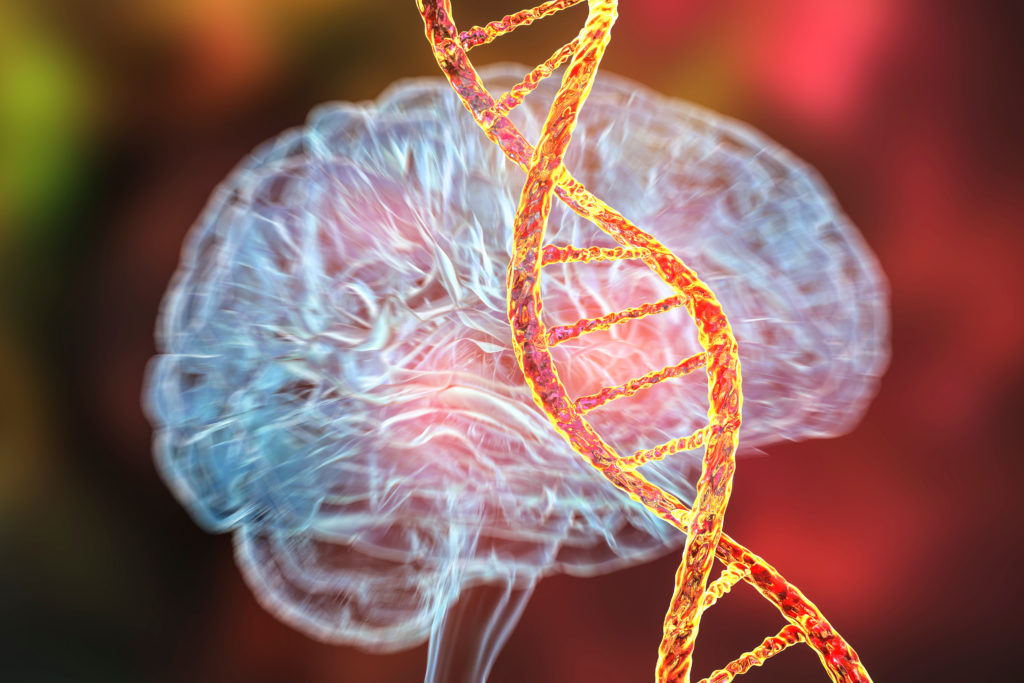The UK’s National Health Service (NHS) has recommended the use of Libmeldy for the treatment of the rare genetic disease metachromatic leukodystrophy (MLD). MLD is a lipid storage disease caused by defects in the production of the fatty myelin coating on nerve fibers in the central and peripheral nervous systems (the “white matter”), leading to severe neurological and organ damage that can be fatal.
Libmeldy is a one-time treatment with a list price of £2.8 million (approximately $3.8 million USD).
Developed by Orchard Therapeutics, Libmeldy received approval from the European Commission (EC) in December 2020 and about a month later, received a regenerative medicine advanced therapy (RMAT) designation from the US Food and Drug Administration (FDA) to expedite its path to approval in the US.
The orphan drug was first rejected by the National Institute for Health and Care Excellence (NICE), the drug price watchdog in England, which said it was too expensive and had yet to prove its long-term effectiveness.
After further discussion with Orchard Therapeutics, the NHS negotiated an additional, undisclosed discount on the drug, allowing the health agency to now offer it to patients.
Libmeldy now has official recommendation from the NHS for children with MLD who don’t have symptoms or who can still walk without assistance.
The drug’s approval in the EU was based on analysis of clinical trial data including both pre- and early-symptomatic, and early-onset MLD patients, which showed that a single-dose treatment is effective in modulating disease progression in most early-onset MLD patients.
The incidence of MLD is approximately one in 100,000 worldwide. It is an autosomal recessive disorder, which means that if both parents are carriers of the faulty gene that causes the disease, there is a one in four chance that their child will develop the disease.
There are three main forms of MLD, which include late infantile that can develop between 12 and 20 months after birth, juvenile onset beginning between ages four to 14 and adult onset where symptoms present from the 20s to 40s. For the late infantile form, the average life expectancy is between five and eight years old, with a mortality of 50 percent five years from disease onset.
Symptoms of late infantile MLD include difficulty walking, talking, mental deficits including concentration issues, developmental delays, muscle wasting and weakness, progressive loss of vision that can lead to blindness, convulsions, impaired swallowing and paralysis. The symptoms get progressively worse over time and patients can become comatose. Most children with this form of MLD die by the age of five. Adult onset MLD is usually characterized by concentration impairments, seizures, ataxia and dementia.
There is no cure for MLD and current treatments before Libmeldy centered on alleviating symptoms and supportive care. Bone marrow transplantation is also used in some infantile-onset cases to help delay disease progression.
Libmeldy is a lentiviral vector-based gene therapy that delivers working copies of the ARSA gene that is mutated in MLD. The gene codes for the ARSA (arylsulfatase A or cerebroside-sulfatase) enzyme, which is located in the lysosomes of cells where it functions to break down excess sulfatides (a type of sphingolipid that is a key component of myelin); impairments in ARSA activity leads to their toxic buildup in the nervous system and organs including the liver, gall bladder, kidneys and/or spleen.
Libmeldy is administered by modifying a patient’s own hematopoietic stem cells (HSCs) obtained from their bone marrow or blood to include a good, functional copy of the ARSA gene. The cells are then injected back into the patient.
“This revolutionary drug is a life-saver for the babies and young children who suffer from this devastating hereditary disorder and will spare their families untold heartache and grief,” NHS chief executive Amanda Pritchard said.
In the UK, Libmeldy will be administered by a specialist service through the Centre for Genomic Medicine at Saint Mary’s hospital in Manchester. It is one of five European sites that will deliver the treatment.
The drug has only been recommended in England right now. Therefore, patients in Wales, Scotland and Northern Ireland will have to travel to Manchester for the treatment and obtain funding from their national health systems.
“Today’s landmark agreement with NHS England follows a thoughtful and comprehensive value assessment by NICE and represents a major milestone for the MLD community, Orchard, and the entire field of HSC gene therapy,” Professor Bobby Gaspar, MD, PhD, chief executive officer of Orchard Therapeutics said in a company statement.
He added that, “A deep body of evidence now points to the potential for durable effects in HSC gene therapy for certain severe genetic diseases including MLD. I am grateful for the opportunity we have at Orchard to commercially scale the reach of our therapeutic approach for patients in need — starting with MLD.”
In October last year, NICE approved Alnylam’s Givlaari (givosiran), another gene therapy, for the treatment of the rare metabolic disorder, acute intermittent porphyria (AIP). The treatment costs $575,000 a year and is also offered through the UK’s NHS, with Alnylam offering a confidential discount on it.












Join or login to leave a comment
JOIN LOGIN